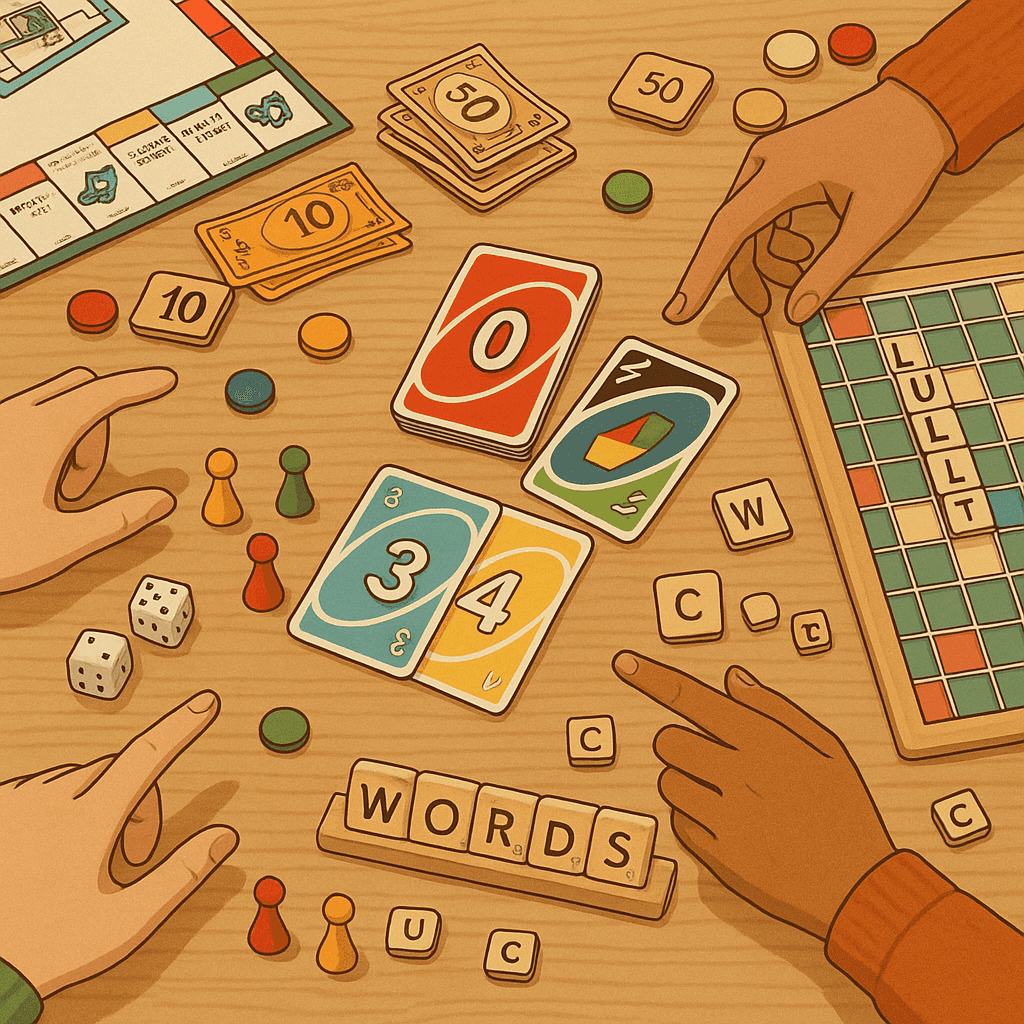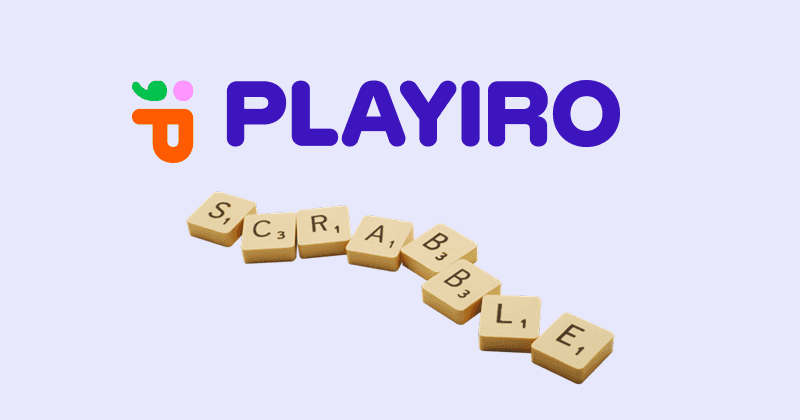
The Most Controversial Board Game Rules Ever
Every player knows the feeling - you sit down to a familiar game, and suddenly someone insists, “That’s not how you play!” Board games are full of disputed and misinterpreted rules that can completely change the experience. Some house rules have even become traditions, passed down through generations. Here are the most talked-about rule debates that continue to divide players around the world.
Created By Adam Davis Fernsby
Monopoly - The “Free Parking” myth
No board game rule has sparked more confusion than Monopoly’s Free Parking. Many players believe that all the money paid from taxes, fines, and Chance or Community Chest cards goes into the center of the board - and whoever lands on Free Parking collects it. It’s a fun twist, but it’s not in the official rules.
The actual Free Parking space does nothing at all. Adding the house rule floods the game with extra cash, slowing it down dramatically. Yet the tradition persists because it adds excitement and gives unlucky players a chance at redemption.
Why it stuck
- The house rule adds more “wow” moments
- Families enjoy the suspense of landing on a jackpot
- Official games can last much longer, making it feel more epic
Uno - Can you stack a +2 on another +2?
Few rules divide players as much as Uno’s draw card stacking. Some say you can play a +2 card on top of another +2, forcing the next player to draw four. Others stack +4 cards, leading to chaotic chains. However, Mattel has confirmed that stacking isn’t allowed - once a +2 or +4 is played, the next player must draw and lose their turn. But this hasn’t stopped millions from ignoring that rule entirely.
Why it causes chaos
- Stacking adds unpredictability and fun
- Players feel they can “fight back” instead of losing a turn
- Online Uno games and regional versions differ, spreading confusion
Scrabble - Proper nouns and slang words
In Scrabble, official rules require that all words come from the standard dictionary. Proper nouns (like names or places) are off-limits. But plenty of families bend that rule to keep the game lighthearted - allowing anything that “sounds real.”
With newer editions and digital versions including slang and pop culture terms, the debate only grows. Should “selfie” or “LOL” count? Traditionalists say no; modern players say language evolves.
Risk - Alliances and backstabbing
In Risk, alliances are never officially binding - the rules don’t even mention them. Still, players constantly form and break pacts, leading to legendary betrayals and dramatic finishes.
Some believe alliances should last at least one round, while others treat them as temporary and tactical. That flexibility makes Risk more social and psychological than many other games.
Common disputes
- Can you attack an ally the same turn you agreed to peace?
- Are secret alliances fair?
- Should betrayal cost you reputation points in long campaigns?
Clue / Cluedo - Accusations and false moves
In Clue (Cluedo), once you make a final accusation and get it wrong, you’re out of the game. Yet many people play it differently, letting players continue after a failed guess. It makes the game more forgiving, but removes much of the tension that makes Clue exciting.
This “soft” rule variation is common in family settings, where the focus is on fun rather than strict competition.
House rules - When the wrong becomes right
Many “wrong” rules have become household standards because they make games faster, simpler, or more fun for families. Some even help younger players stay engaged.
Examples of popular house rules
- Adding custom scoring in Dominoes or Yahtzee
- Allowing players to pass turns in Monopoly
- Ignoring “official” penalties in Uno
- Using shorter setups or alternative win conditions in Risk
In many cases, these unofficial rules make the game better suited to the group playing. They turn frustration into laughter - and that’s what games are meant for.
Why rule debates keep games alive
Arguing about rules might seem annoying, but it’s part of what keeps board gaming culture alive. Every debate shows passion and creativity. Rules evolve, but the shared experience of play is timeless. Whether you follow the book or your own tradition, the best rule is always the same: have fun.



